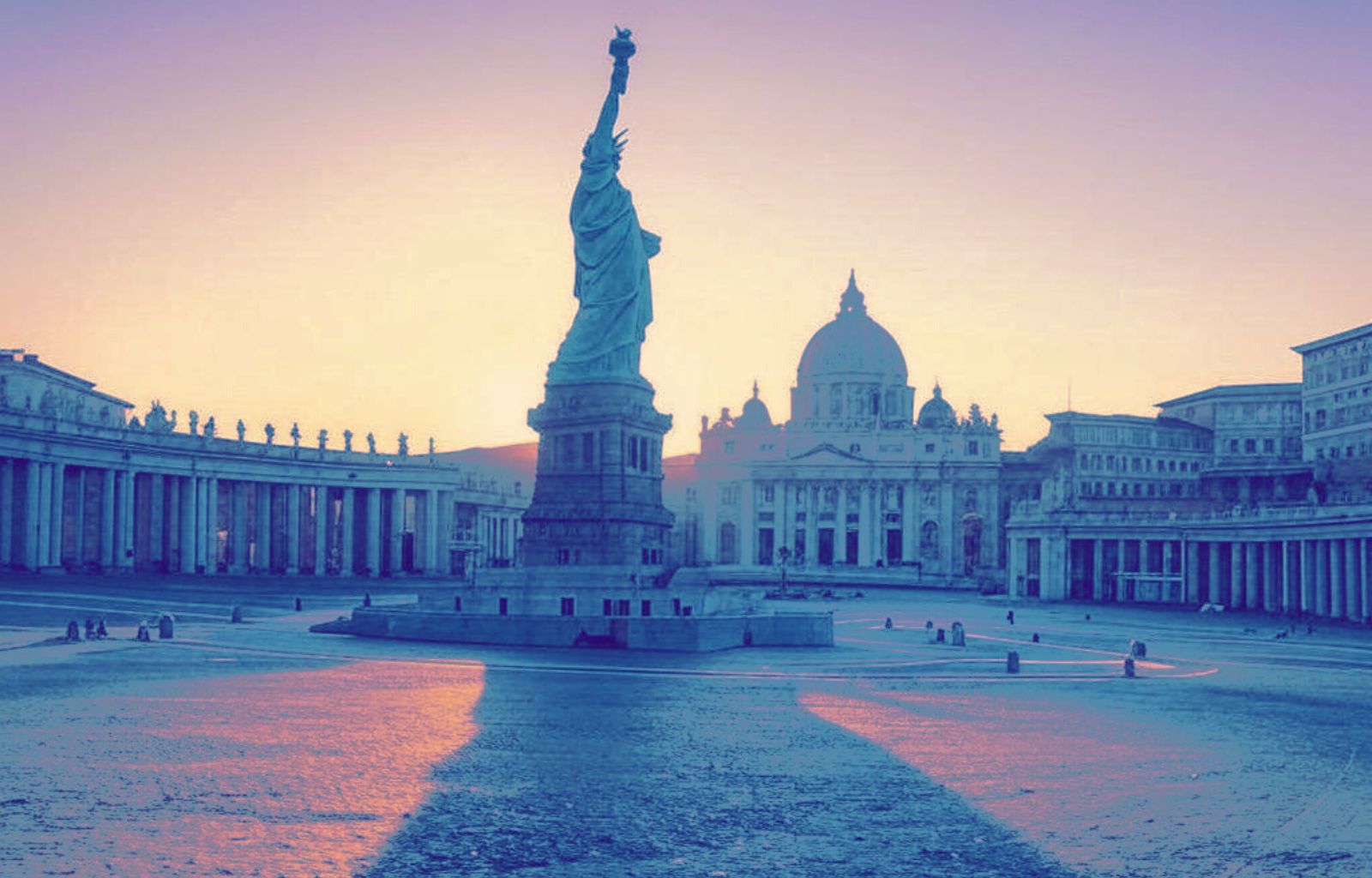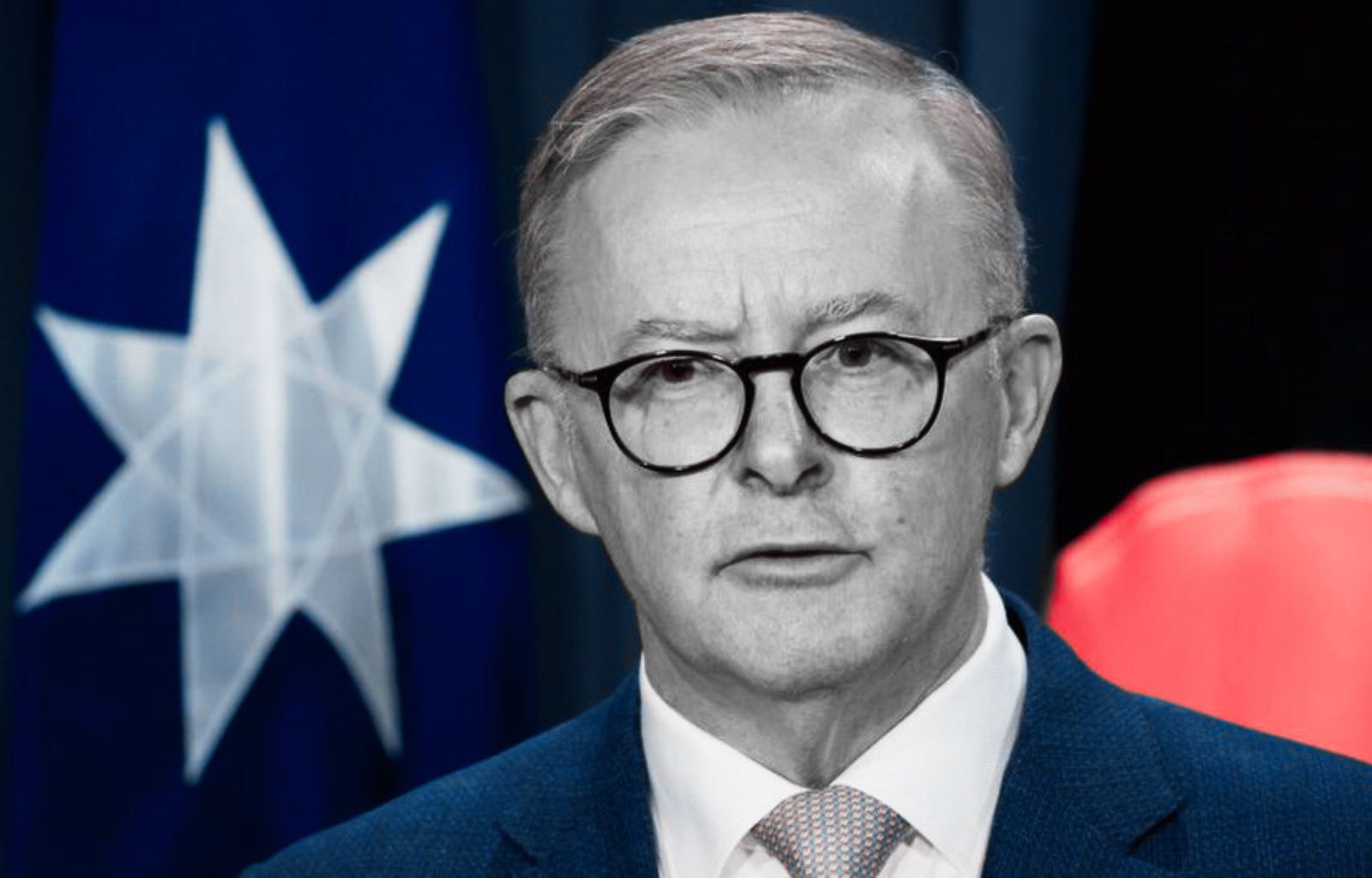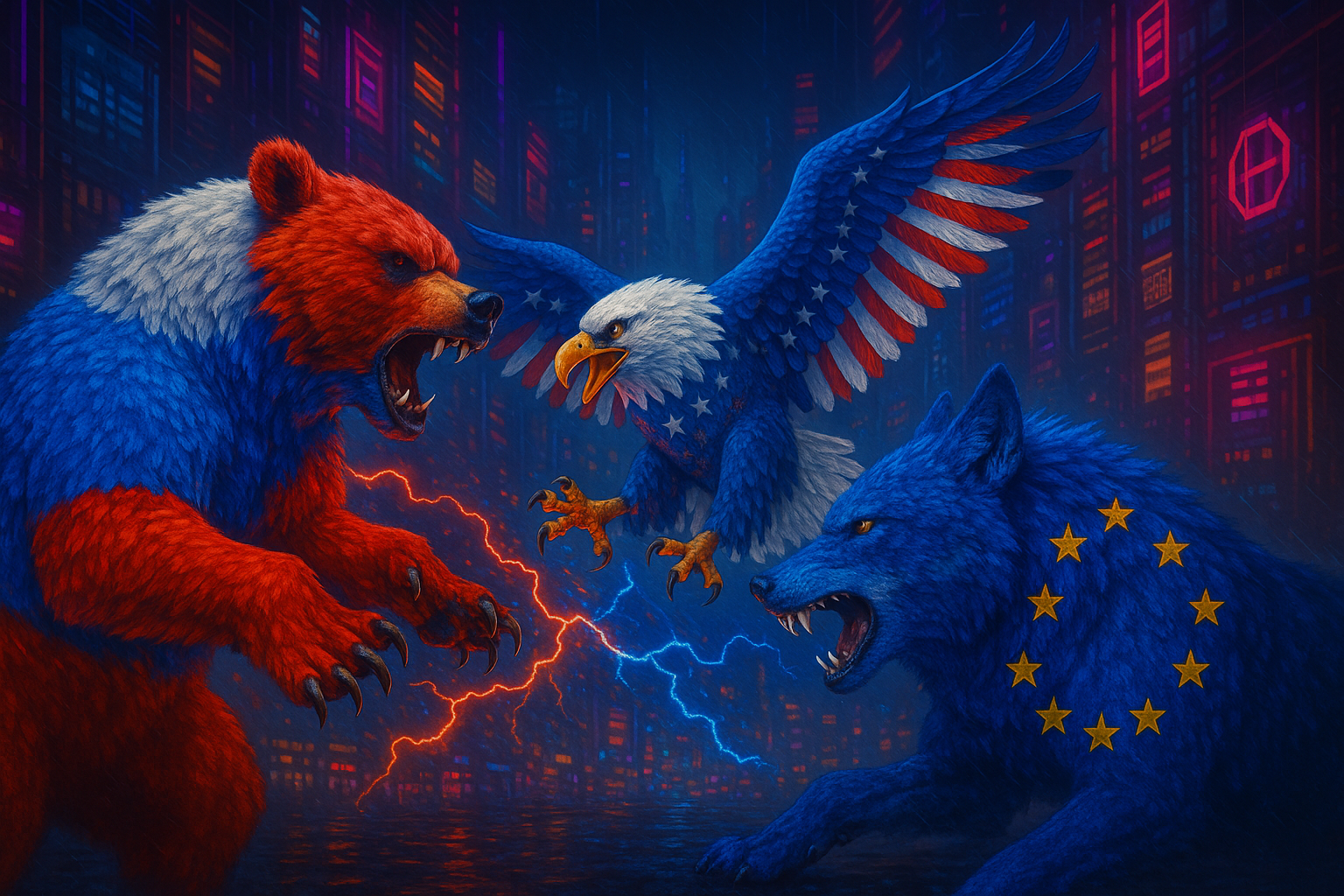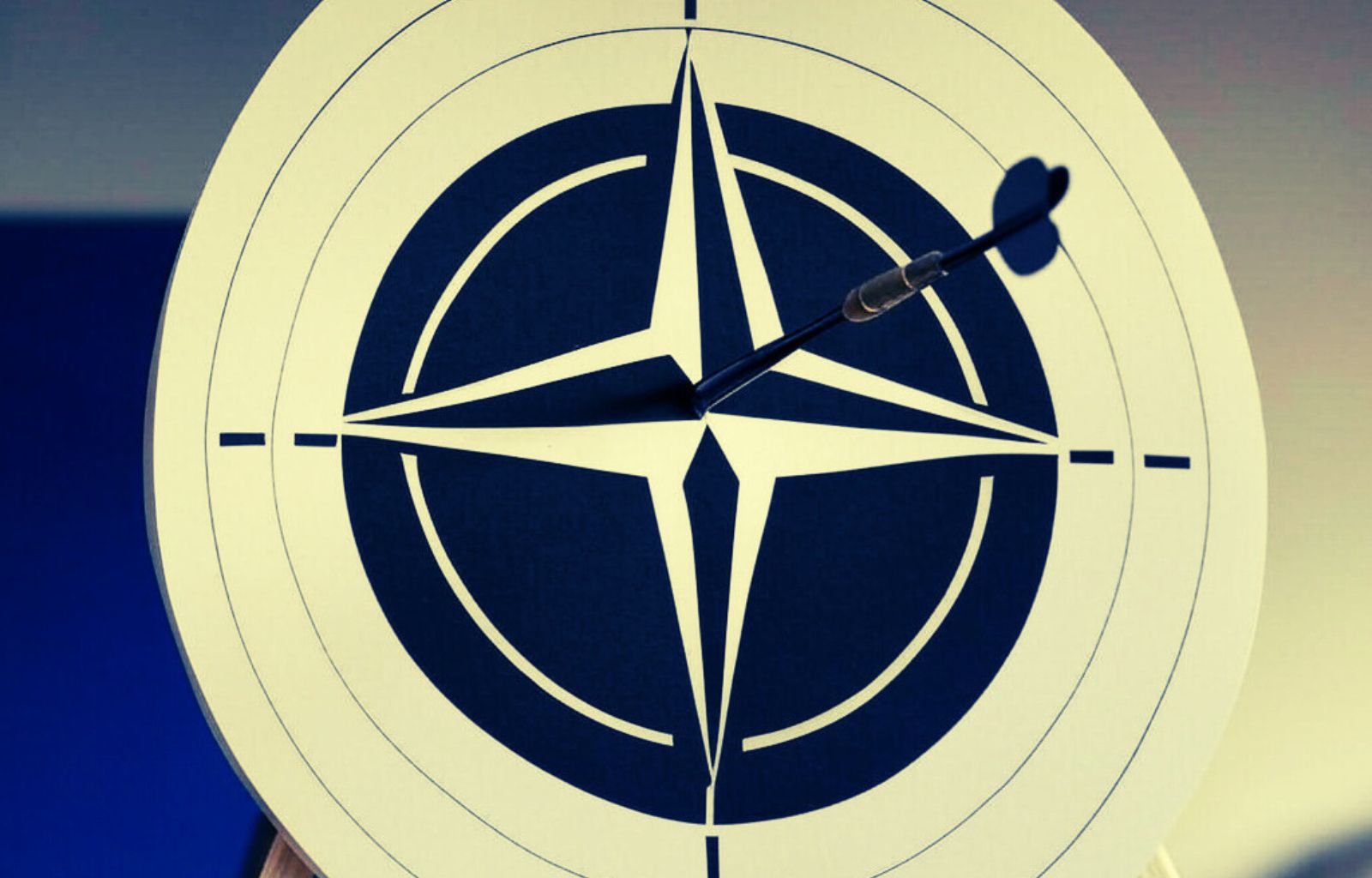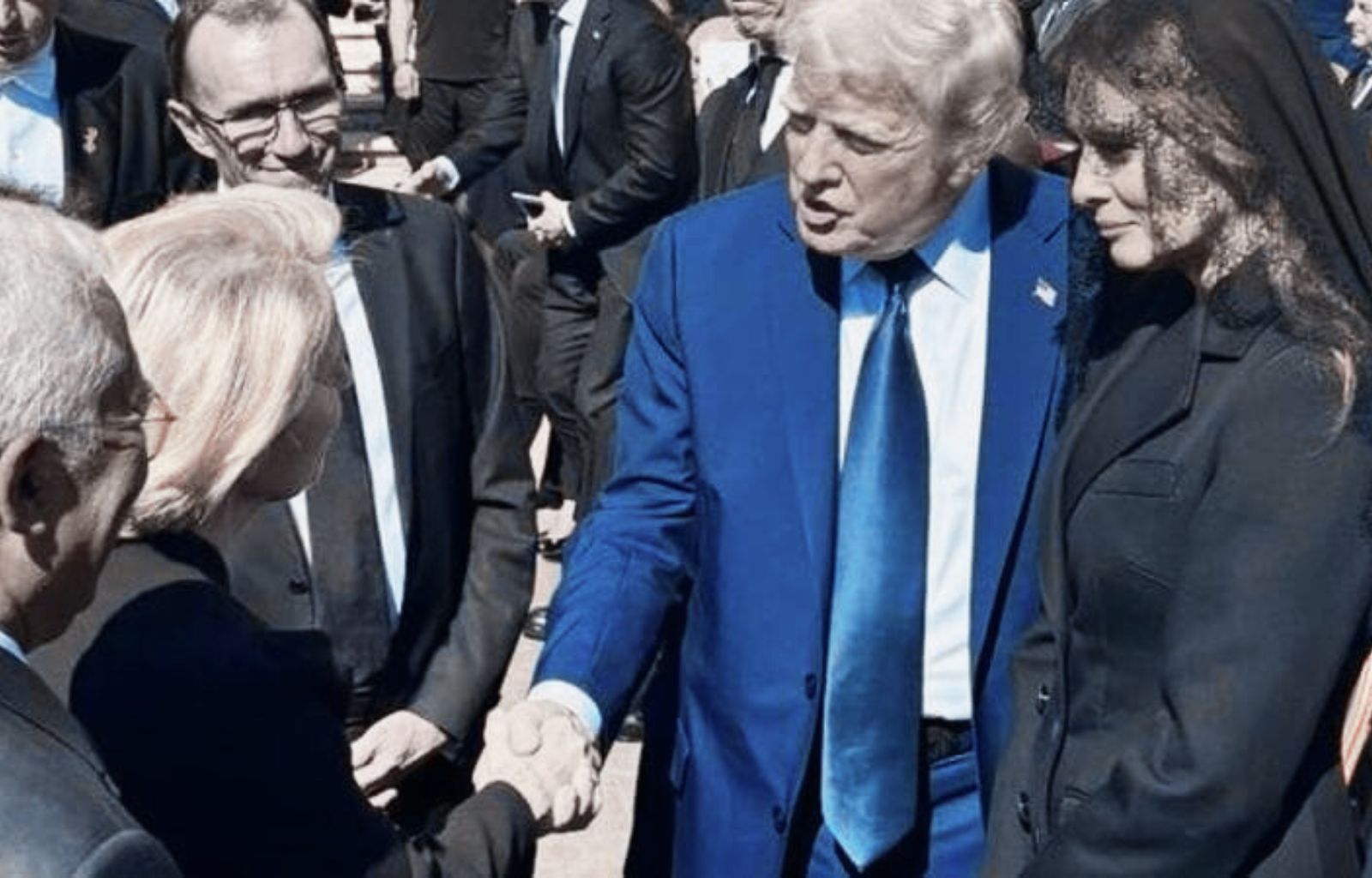From Soros to Musk: the billionaires changing the rules of the political game

The lost utopia of political philanthropy
In the collective imagination of past progressive movements, figures like George Soros represented a beacon of political philanthropy, a modern patron who spurred societies towards democratic enlightenment. But, where the utopia of perfect democracy has proven to be just that, an utopia, roles have reversed within a few years, and yesterday’s “good guys” are today’s “bad guys.”
Old and new patrons: from Soros to the new sovereignists
Progressive politicians hoped to curry favor with the naturalized American Hungarian magnate, but they were careful not to publicly claim his friendship. Soros’ name was indeed hissed in populist circles with a mix of disdain and suspicion, almost as if it were synonymous with a dark and manipulative intervention in the meanders of global politics. “Soros funds you!” was the accusation that was enough to delegitimize any movement or policy. The irony? Today, the same circles that once raised their shield against the dollars of the “globalists” now open their arms to flows of capital no less impressive, but with a distinctly sovereigntist flavor. Now, the new Soroses with their fortunes are pushing the populist agenda much more aggressively than Soros used to push for democratic reforms. The difference? Depending on whom you ask, the political color justifies the color of the money.
The rise of billionaires in contemporary politics
Elon Musk blatantly uses his media and financial power to loudly and often vulgarly support right-wing politicians in the USA and Europe. Jeff Bezos, owner not only of Amazon but also of the Washington Post, on the other hand, leverages his empire in a more subtle but significant way to influence political discourse, directing narratives at crucial moments without apparent direct involvement in financing specific parties.
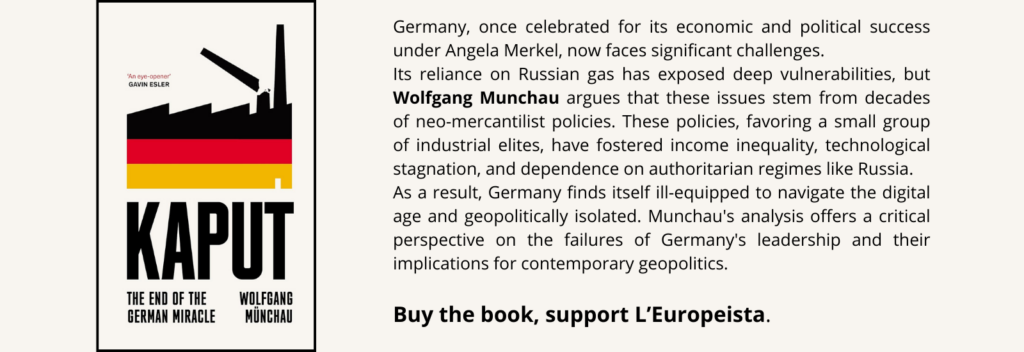
The role of Russian billionaires in European sovereignty
Without delving into the intricacies of hidden financing and dark interference in electoral rounds, figures like Yevgeny Prigozhin and Konstantin Malofeev, Russian oligarchs with deep ties to the Kremlin, have played a much more explicit role in supporting sovereignist and anti-European integration forces. Prigozhin, through the Internet Research Agency, is known for funding disinformation campaigns that have influenced significant political events like the Brexit referendum. Malofeev, very close to Matteo Salvini’s League, has also been implicated in multimillion-dollar loans to parties like Marine Le Pen’s Rassemblement National in France, showing a clear attempt to strengthen nationalist forces in Europe.
Proud transparency and change in the political wind
What stands out is that, in the grand theater of global politics, we witness an almost comical reversal: if once the funding from Soros was the open secret of politics — everyone wanted it but no one wanted to admit it — today we witness a curious spectacle of proud transparency. Politicians of every stripe not only openly accept the support of billionaires, but they flaunt it as a badge of honor, an endorsement of their policies and their vision. And although these billionaires are obviously far from disinterested, each drawing their own benefits, this change in scenario does not seem to disturb voters, who continue to support their leaders despite — or perhaps because of — these illustrious ties. The irony of this evolution is palpable: the denunciation of “crony capitalism” seems to have transformed into a celebrated spectacle of sponsorships. If once the accusation of being financed by Soros could tarnish a reputation, today the association with figures like Musk or Malofeev seems to almost confer an additional layer of legitimacy and not scandal. Ultimately, the changing political and financial winds offer us a spectacle rich in paradoxes, where money, rather than being the embarrassing secret of a political campaign, has become the undisputed protagonist, welcomed with open arms under the spotlights of the public arena. And, while the titans of industry continue to shape our political landscape to their liking, in a delicious twist of fate, populism, once the champion of the “common people” against the elites, has itself become an elite, only with different lords and new titles.




